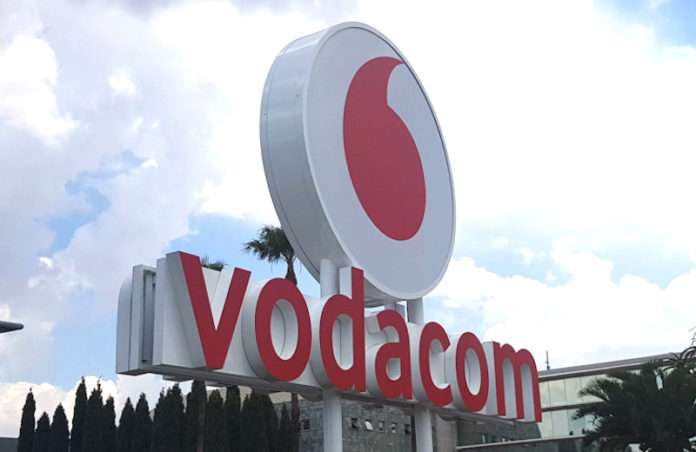Vodacom experienced widespread fraud on its network, but the company said it did not disclose the fraud in its financial reports because the refund quantum was insufficient to justify it.
In July 2020, MyBroadband exposed widespread fraud on Vodacom’s network involving unauthorised subscriptions to content services.
The independent industry investigation involving hundreds of thousands of SIM cards blew the lid on mass-scale airtime theft from Vodacom customers.
The fraudulent subscriptions involved many of Vodacom’s own content and entertainment services, which bolstered the revenue and subscriptions of its content services.
Independent Regulatory Board for Auditors (IRBA) acting CEO, Imre Nagy, told MyBroadband fraud on a mobile network should be disclosed to external auditors and in a company’s financial results.
“The auditors do ask for this as part of their audit procedures, and management is required to be transparent,” Nagy said.
“The auditor shall make inquiries of management, and others within the entity as appropriate, to determine whether they have knowledge of any actual, suspected or alleged fraud affecting the entity.”
Nagy added that the fraud and the steps taken to address it should be disclosed in the financial results.
Vodacom told MyBroadband it brought the fraud on its network to the attention of its auditors, Ernst & Young, during the latter part of 2020.
However, it did not disclose the fraud in its financial reporting over the last two years.
Commenting on not disclosing the fraud on its network, Vodacom said the refunds were not enough to justify adding it to its financial results.
“Vodacom did everything possible to refund subscriptions that could have been fraudulent, in addition to refunding customers that had legitimately subscribed to these services,” it said.
“The combined quantum of refunds was not material in the context of Vodacom Group’s financial results and therefore will not have been disclosed separately in our financial results announcements.”
It is important to note that Vodacom did not comment on the amount of fraud that occurred on its network. Instead, it focused on refunds.
The fraud that occurred could be far higher than the refunds.
MyBroadband asked Vodacom’s external auditor, Ernst & Young, for comment, but the company said it does not provide comment outside of its reports.
Ghana – #StopTheAirtimeLoot
In Ghana, this kind of fraud, which has become popularly known as airtime loot is awash across the three main telecom operators, MTN, Vodafone and AirtelTigo.
It took Techgh24 to expose the fraud to Ghanaians in a spirit campaign dubbed #StopTheAirtimeLoot.
Each of the telcos work with supposed VAS providers who criminally sign on subscribers to paid services and steal their airtime/money without the subscribers’ consent.
Because the telcos get to keep a lions share (up to 80%) of the stolen airtime/money, they seem less concerned about protecting their subscribers against such fraudulent VAS providers.
As in the case of South Africa, some of the unwanted services subscribers are fraudulently signed on to are most probably done with the aid of Vodafone staff.
NCA’s Loud Silence
Unfortunately, even though there is enough evidence to show that NCA’s Code of Conduct on Unsolicited Electronic Communication Act have been and are being blatantly violated by the telcos and their VAS partners, NCA itself does not seem interested in cracking the whip after issuing a cosmetic directive for the fraud to stop.
Since it issued the directive, several complaints with evidence have been provided to the NCA but the regulator does not seem interested in applying its own rules.
Till date, some Ghanaians remain signed on to fraudulent services and their airtime are being stolen, not because they are benefitting from those services but simply because they are ignorant of the loot and how to break free.
Source: techgh24.com

